Life’s tearing you a new one? I literally wrote the book on that
Author and comedian Emma Markezic is alarmingly good at being optimistic. Something she discovered almost by accident in her early 30s when she found herself bald, broke and living alone in the middle of cancer treatment. If anyone can help you achieve COVID-era resilience, Emma can...


Author and comedian Emma Markezic is alarmingly good at being optimistic. Something she discovered almost by accident in her early 30s when she found herself bald, broke and living alone in the middle of cancer treatment. If anyone can help you achieve COVID-era resilience, Emma can...
Cancelling plans, worrying about the state of your eyebrows, staying inside to protect your immune system… I feel like the whole world is currently getting a little taste of what it’s like to have cancer. It’s not super fun, is it? It’s scary and panic-inducing and gets really uncomfortable when people use words like ‘mortality rate’ and ‘lifelong damage’ when life's tearing you a new one.
It was a revelation that led to me write my new book Curveballs: How To Keep It Together When Life Tries To Tear You A New One, a sort of anti-self help guide to dealing with trauma.
So let me lay out what I learned when I stepped on one of the great Lego pieces of life and perhaps you too can learn to be Teflon to trauma. Because resilience will never not be cool.
It’s not Rhianna wearing a catsuit cool, sure - but it’s probably more useful.
Life's tearing you a new one: the anti-self help guide
1) You don’t have to get over it
Life's tearing you a new one, right? We’re all experiencing grief right now. Anguish over the loss of income or security, freedom or family. It’s traumatic. And getting over that agony feels a jumbo task when we’re being served up hell-on-a-plate day-in and day-out. But here’s the most interest-piquing thing I learned about trauma after 12 months of research: you don’t have to ‘get over it’. Not now, not ever. We’ve been lied to all this time. It doesn’t matter if it’s the death of a loved one or breaking a nail - if you find it harrowing, it is.
You do, however, need to do one of two things: either make that grief part of your world view or put it in a box in your mind you only visit when you need to. Psychologists call that the integrative approach and the dissociative approach, respectively. And new research shows neither is better than the other. Just being told you don’t have to ‘get over’ your diagnosis/break-up/redundancy can be enough to help you get stuck into the business of learning to live with it. And sometimes that’s all you need.
Marie Claire Newsletter
Celebrity news, beauty, fashion advice, and fascinating features, delivered straight to your inbox!

2) They should sell pain on Amazon
While we’re on the subject of pain and grief, it’s something truly resilient people learn to embrace. Because pain is the fastest, most efficient tool we have. Toddlers, for example, only have to touch a hot stove once to know they never want to do it again. Teenagers often have the same reaction to their first tequila. Pain is one nifty little gadget and if you treat it that way you’ll be far happier as a result.
You can do this by putting an expiration date on your misery, just like there is on any consumable. It takes practice but putting a time limit on your pity party means less opportunity for it to take over when life's tearing you a new one. You experience the pain of a situation to its fullest, learn from it and move on. Sometimes (often, in fact) five or ten minutes is all you actually need. Anything after that is just suffering. And suffering is not an inevitable appendage of pain; it’s more like a bad hat we insist on wearing.
3) The universe does not have your back
Here’s what happens when people are left alone: they experience anxiety, panic attacks and disordered thinking within weeks. They pace, get confused, they can’t sleep. We know because this, and a lot worse, happens to prisoners in solitary confinement. And yet for some reason many of us choose to confine ourselves on a daily basis. We shut ourselves away to go to alone and trust the universe will provide.
The universe, for its part, is mostly just a lot of hurtling gas and matter… it doesn’t care if that guy texts you back or if you can’t pay your bills on time. But you know who does care? Your allies. Your friends. Your family. My advice is to stop treating the universe like a magical benevolent unicorn and trust your relationships instead. They are what will matter most when you find yourself hurt, sick or on your deathbed. Let the macrocosm get on with its gassy spurts and cultivate real connections instead. They will be far easier and more satisfying to lean on down the road.
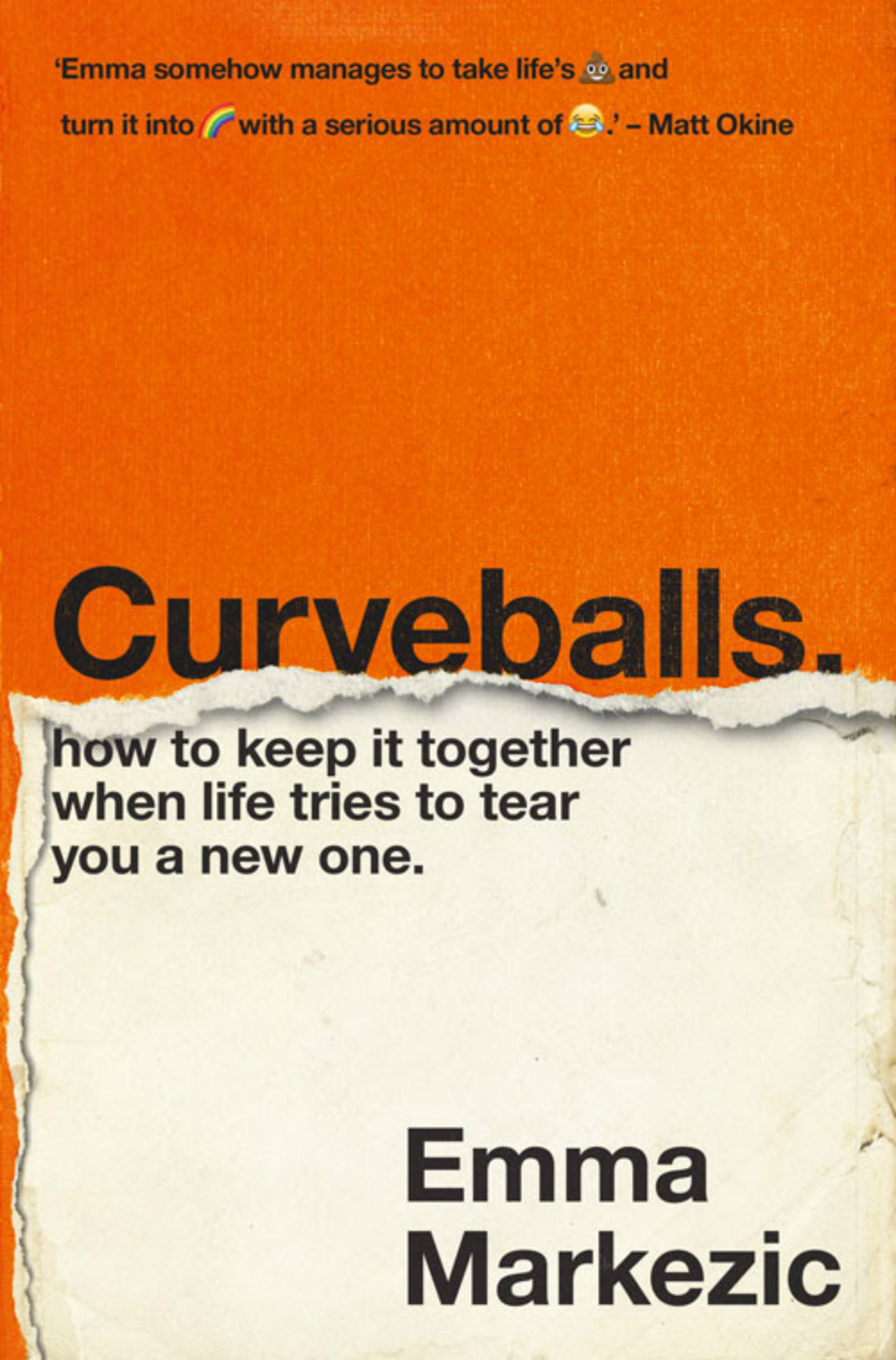
4) There’s a for-reals happiness equation
I interviewed dozens of pHD types for my book, and don’t ask me why they didn’t teach us this at school, but there’s an actual scientific ratio for happiness. It goes like this: 50% of how happy we are is dictated by our genes, 10% by our circumstance, and 40% by choice. The last part is obviously the most interesting, because that’s the part you get full control over. The part you can change when life's tearing you a new one.
One of the quickest ways I know to ‘choose’ happiness is by questioning your overriding limiting belief - that thing which is getting in the way of your emotional success. Mine was that I needed to be healthy to be happy. Turns out that isn’t true. You’ll have a similar one - perhaps that you need to be loved to be complete, or that you’ll never like what you see in the mirror. I suggest you write it down every day, that limiting belief, and then simply cross it out. Say no, that’s BS. That’s what I did. Every day for a year. This will actually create new neural pathways in the brain and your thoughts and actions will eventually follow. This is a real, quantifiable thing you can do. Using your brain to trick your brain into being happier… smart.
5) You should celebrate every Goldilocks excretion
Learn to give yourself credit. Not just for the big things either, I mean for everything. For every day you left the house and wore a mask, for every time you checked in on a friend - even for every not too hard, not too soft bowel movement. I’m not even kidding, that’s worth celebrating. Ask your GP.
One of the ways I got through cancer treatment unscathed (except for the whole fun-bag amputation that comes with invasive breast cancer) was by learning to observe the absurd. Use the good china, down the fancy wine and jubilate every day you get to the end of intact. The world might be a slowly heating sphere of infection, but damn it if you can’t celebrate the small things. Even if you have to use every trick in the book.
* Emma Markezic's brilliant book Curveballs: How to Keep It Together When Life Tries To Tear You A New One (HarperCollins) is on sale now. And you can find Emma at @markyknowsbest on Twitter and Instagram
Maria Coole is a contributing editor on Marie Claire.
Hello Marie Claire readers – you have reached your daily destination. I really hope you’re enjoying our reads and I'm very interested to know what you shared, liked and didn’t like (gah, it happens) by emailing me at: maria.coole@freelance.ti-media.com
But if you fancy finding out who you’re venting to then let me tell you I’m the one on the team that remembers the Spice Girls the first time round. I confidently predicted they’d be a one-hit wonder in the pages of Bliss magazine where I was deputy editor through the second half of the 90s. Having soundly killed any career ambitions in music journalism I’ve managed to keep myself in glow-boosting moisturisers and theatre tickets with a centuries-spanning career in journalism.
Yes, predating t’internet, when 'I’ll fax you' was grunted down a phone with a cord attached to it; when Glastonbury was still accessible by casually going under or over a flimsy fence; when gatecrashing a Foo Fighters aftershow party was easy-peasy-lemon-squeezy and tapping Dave Grohl on the shoulder was... oh sorry I like to ramble.
Originally born and bred in that there Welsh seaside town kindly given a new lease of life by Gavin & Stacey, I started out as a junior writer for the Girl Guides and eventually earned enough Brownie points to move on and have a blast as deputy editor of Bliss, New Woman and editor of People newspaper magazine. I was on the launch team of Look in 2007 - where I stuck around as deputy editor and acting editor for almost ten years - shaping a magazine and website at the forefront of body positivity, mental wellbeing and empowering features. More recently, I’ve been Closer executive editor, assistant editor at the Financial Times’s How To Spend It (yes thanks, no probs with that life skill) and now I’m making my inner fangirl’s dream come true by working on this agenda-setting brand, the one that inspired me to become a journalist when Marie Claire launched back in 1988.
I’m a theatre addict, lover of Marvel franchises, most hard cheeses, all types of trees, half-price Itsu, cats, Dr Who, cherry tomatoes, Curly-Wurly, cats, blueberries, cats, boiled eggs, cats, maxi dresses, cats, Adidas shelltops, cats and their kittens. I’ve never knowingly operated any household white goods and once served Ripples as a main course. And finally, always remember what the late great Nora Ephron said, ‘Everything is copy.’
-
 Jonathan Anderson is going to Dior Men
Jonathan Anderson is going to Dior MenHis debut collection will be this June
By Mischa Anouk Smith
-
 I'm a 2025 bride and these are the best affordable wedding dresses I've found
I'm a 2025 bride and these are the best affordable wedding dresses I've foundLess than £1,000 but still the height of chic
By Sofia Piza
-
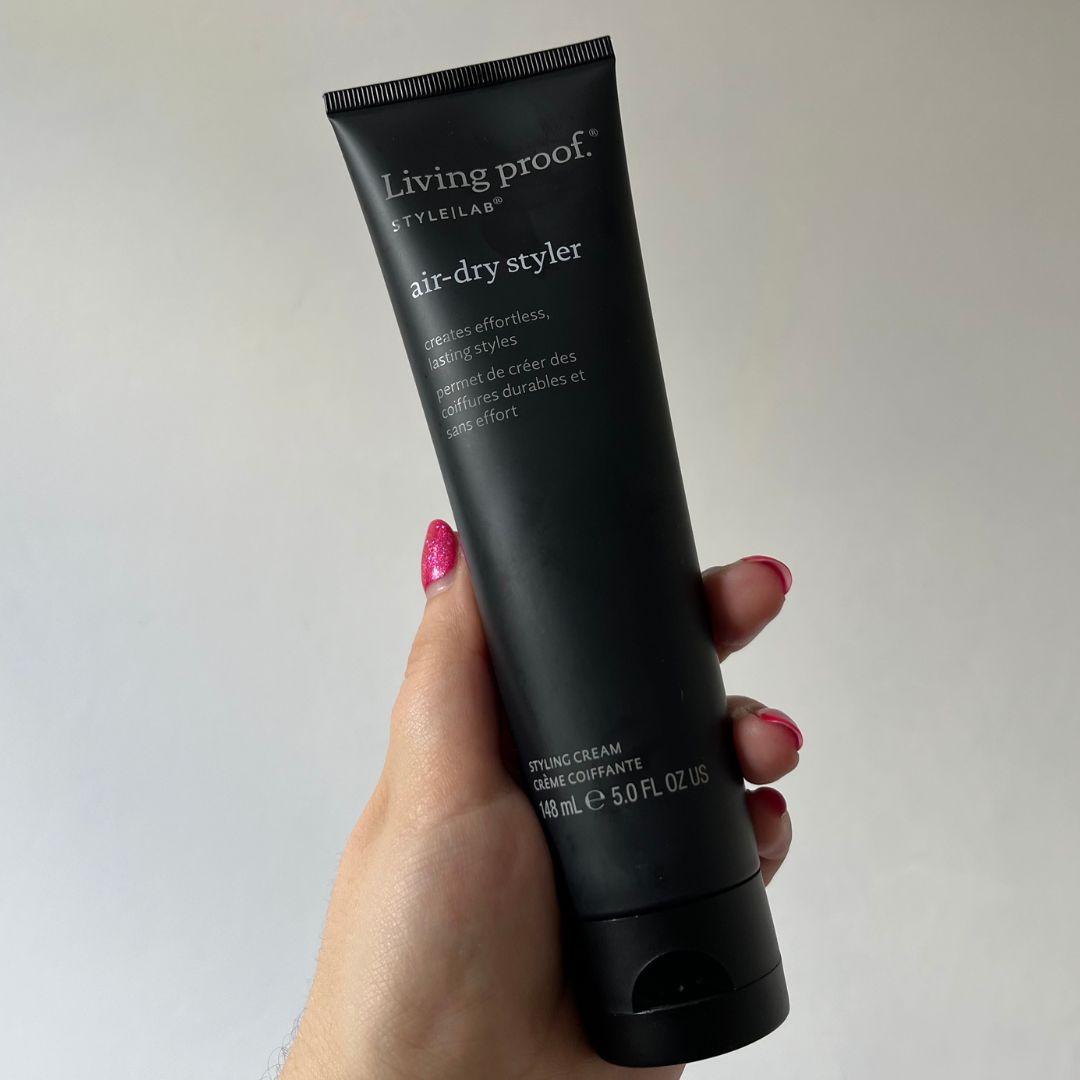 I haven't worn my hair completely natural for years, but this air-dry styling cream has made me love my waves again
I haven't worn my hair completely natural for years, but this air-dry styling cream has made me love my waves againI will never be without this
By Amelia Yeomans
-
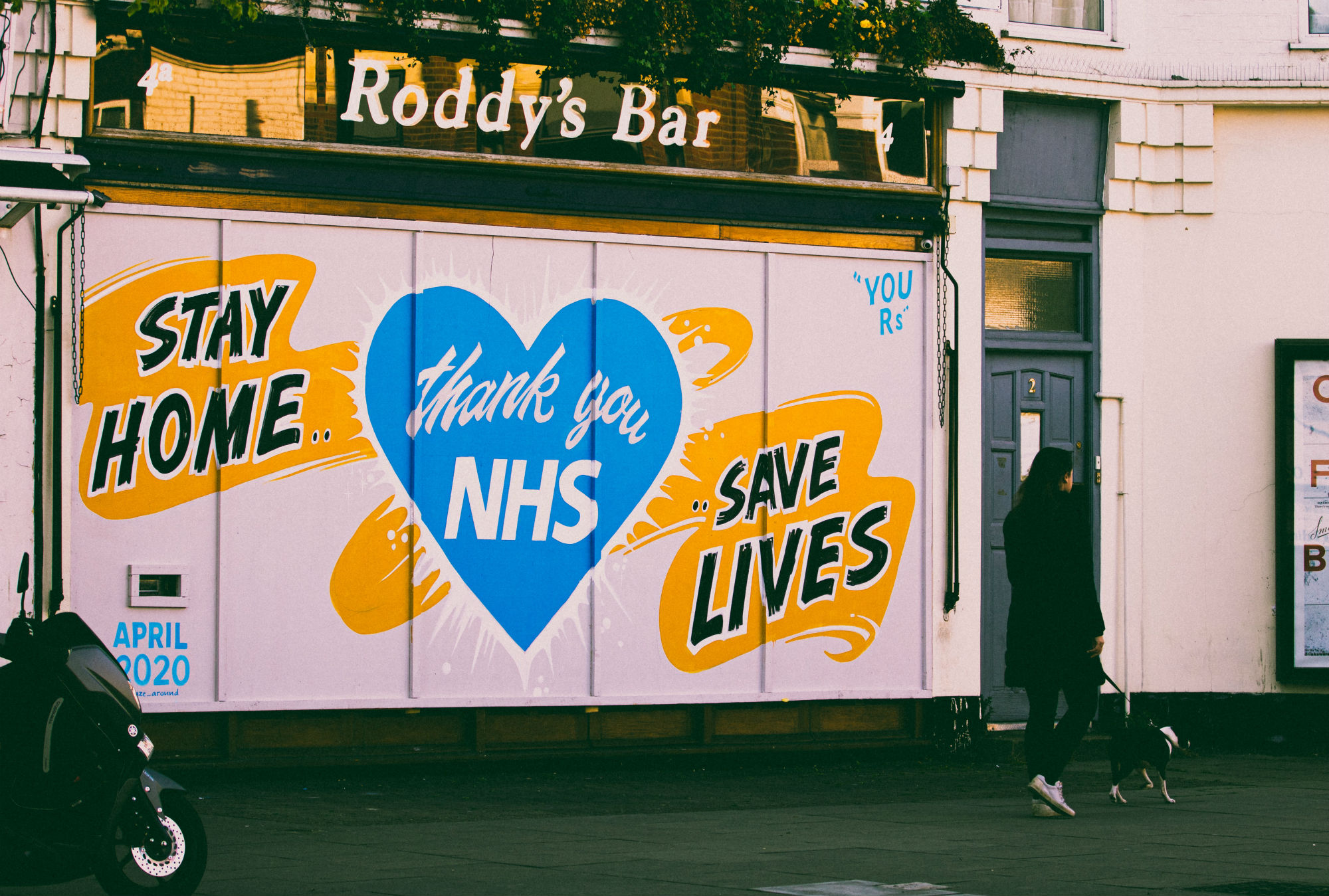 A nurse shares important advice for life post-lockdown
A nurse shares important advice for life post-lockdownAs we mark International Nurses Day 2021 on May 12, a clinical nurse consultant shares her expert advice on how to navigate life with fewer and fewer restrictions
By Olivia Adams
-
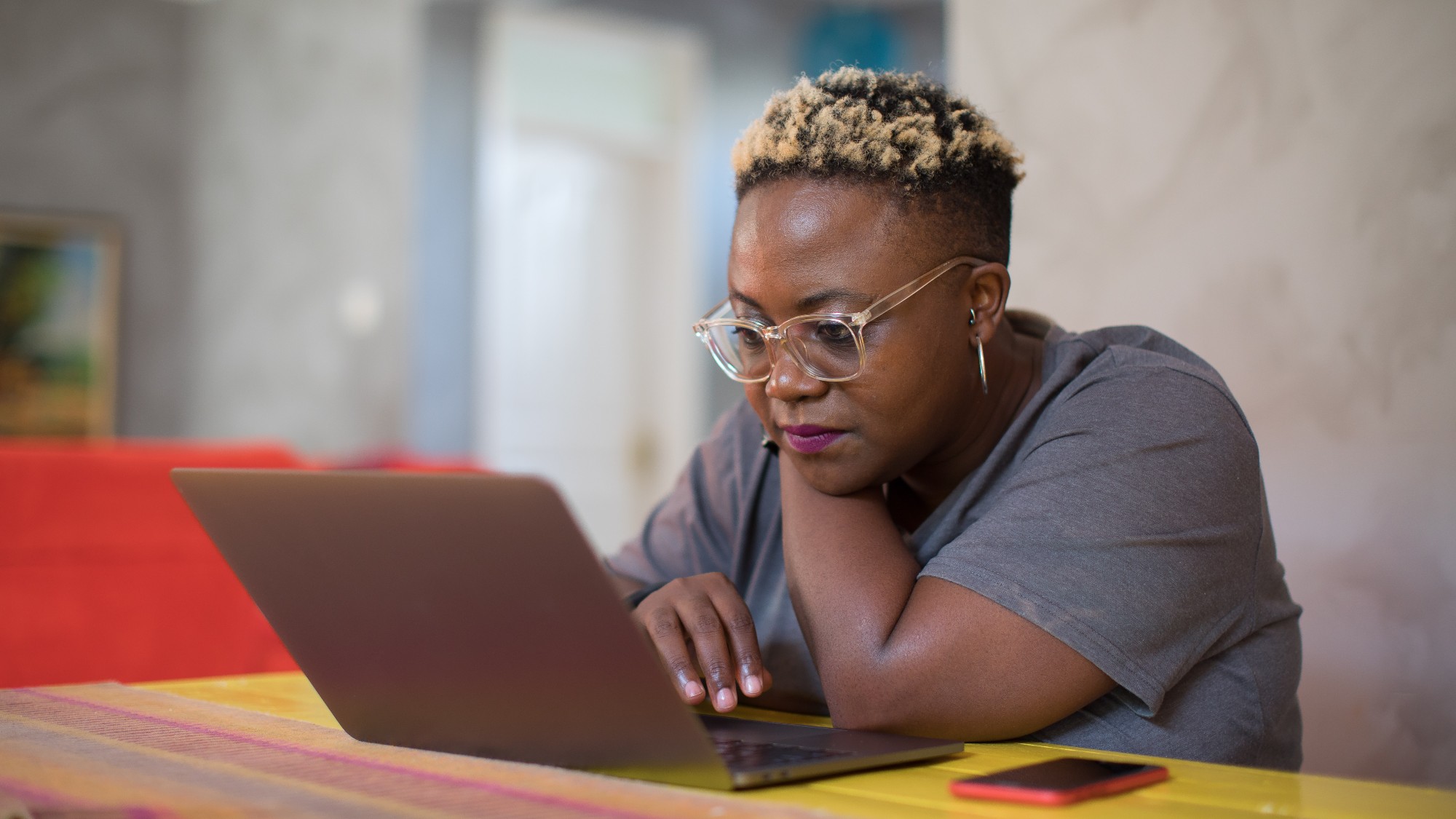 How to overhaul your toxic relationship with your laptop, according to a psychotherapist
How to overhaul your toxic relationship with your laptop, according to a psychotherapistIs life lived entirely online ruining your motivation? Here's how to repair your toxic relationship with tech
By Kate McCusker
-
 How to ask for a pay rise, plus have any difficult work conversation while WFH
How to ask for a pay rise, plus have any difficult work conversation while WFHYour complete guide to approaching any difficult question, professionally
By Ally Head
-
 Jess Phillips on how to take a stand against workplace inequality
Jess Phillips on how to take a stand against workplace inequalityBy Niamh McCollum
-
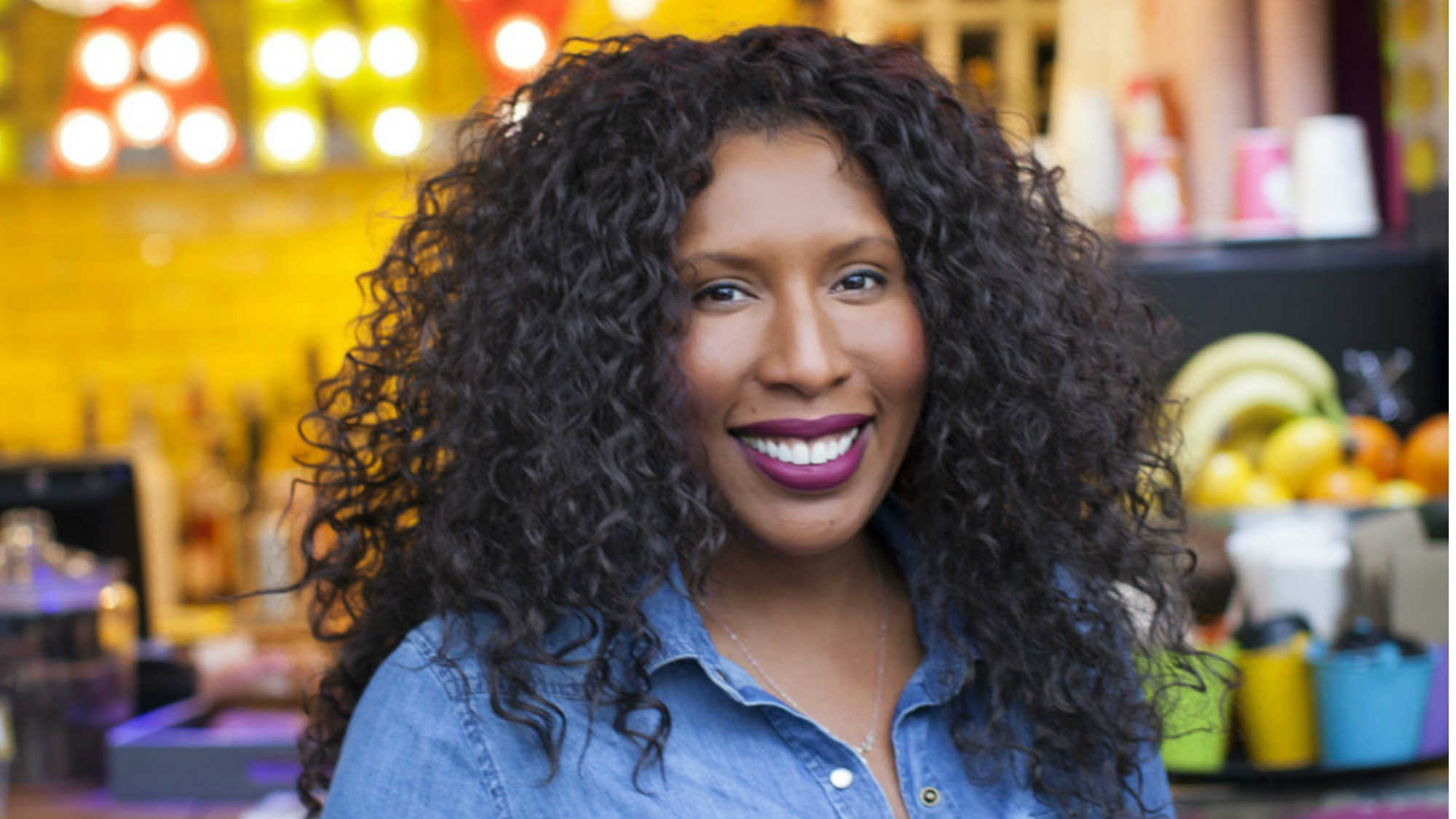 Why diversity is crucial in our post Covid-19 workplace
Why diversity is crucial in our post Covid-19 workplaceCompanies have long paid lip service to diversity. But in a year that saw the world changed by Black Lives Matter and the inequality of the pandemic, we need less talk and more action if we're to create a truly diverse post Covid-19 workplace, writes award-winning business strategist Melanie Eusebe.
By Niamh McCollum
-
 Online meetings: how to hold the room and stop men taking over
Online meetings: how to hold the room and stop men taking overBecause there are only so many times you can switch off the camera so they can't see you silently screaming. Here are five bullet-proof ways a business consultant and leadership coach deals with mansplainers
By Maria Coole
-
 How to be your best self by embracing your flaws
How to be your best self by embracing your flawsRita Clifton is one of the most successful businesswomen of her generation (FYI Hillary Clinton loves her), and she's sharing her take on the 'faking it 'til you make it' myth with practical advice on dealing with imposter syndrome
By Maria Coole
-
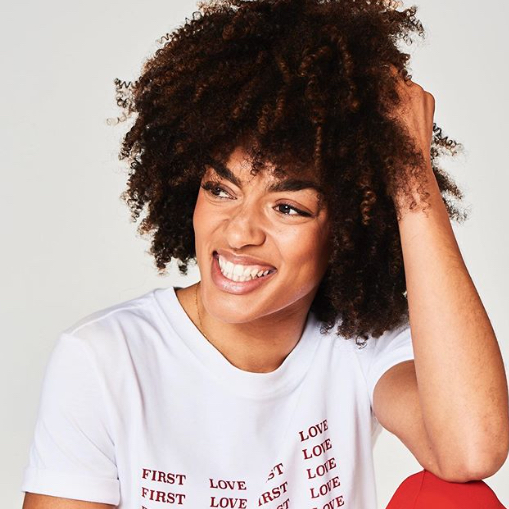 Adrienne Herbert: “I’ve definitely dropped the ball"
Adrienne Herbert: “I’ve definitely dropped the ball"Feeling uncertain about the future of work? You’re not alone. We spoke to trainer and author Adrienne Herbert AKA Adrienne LDN about her own experience navigating the changing working landscape and why it's OK to drop the ball sometimes...
By Sophie Goddard